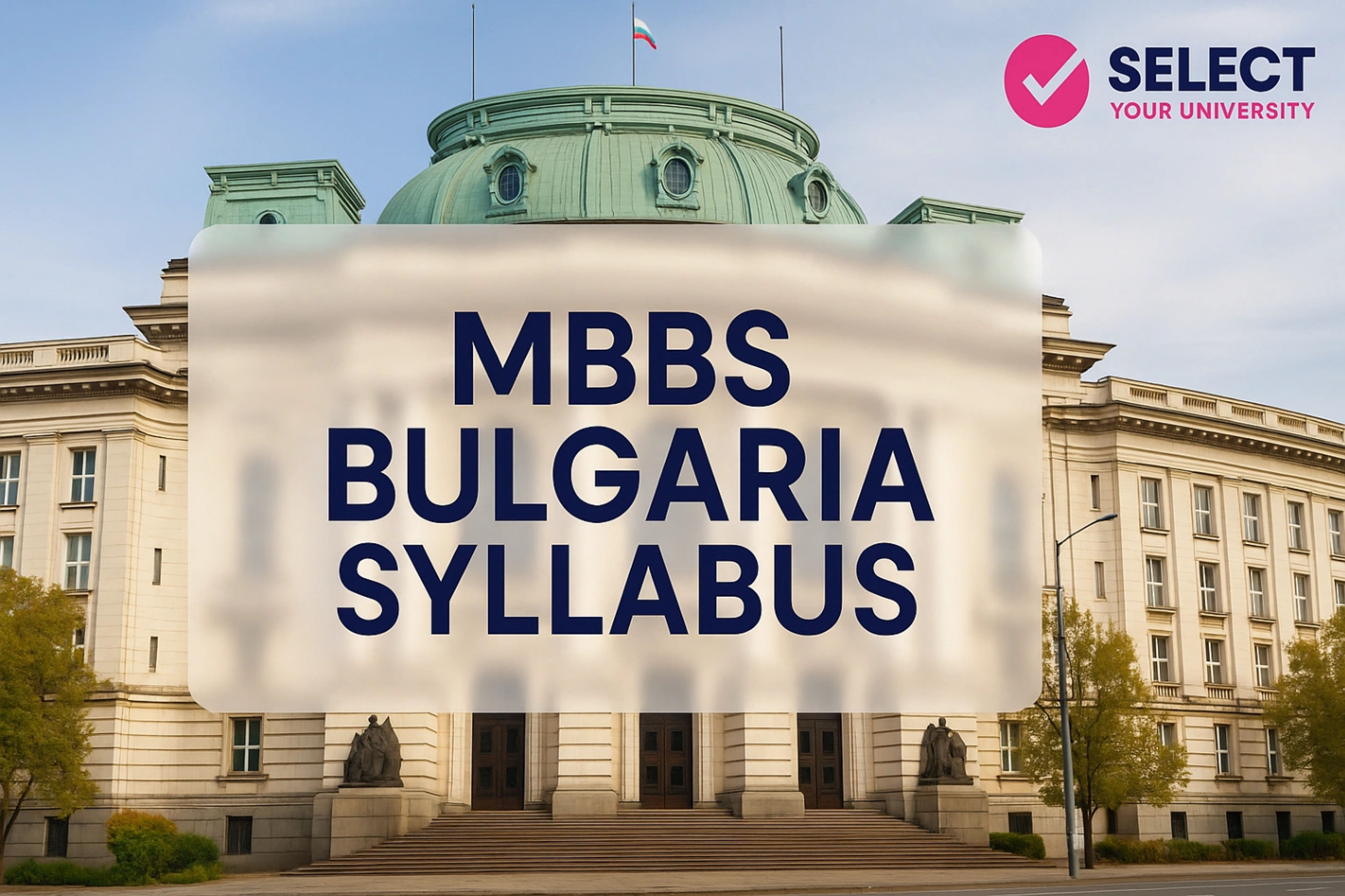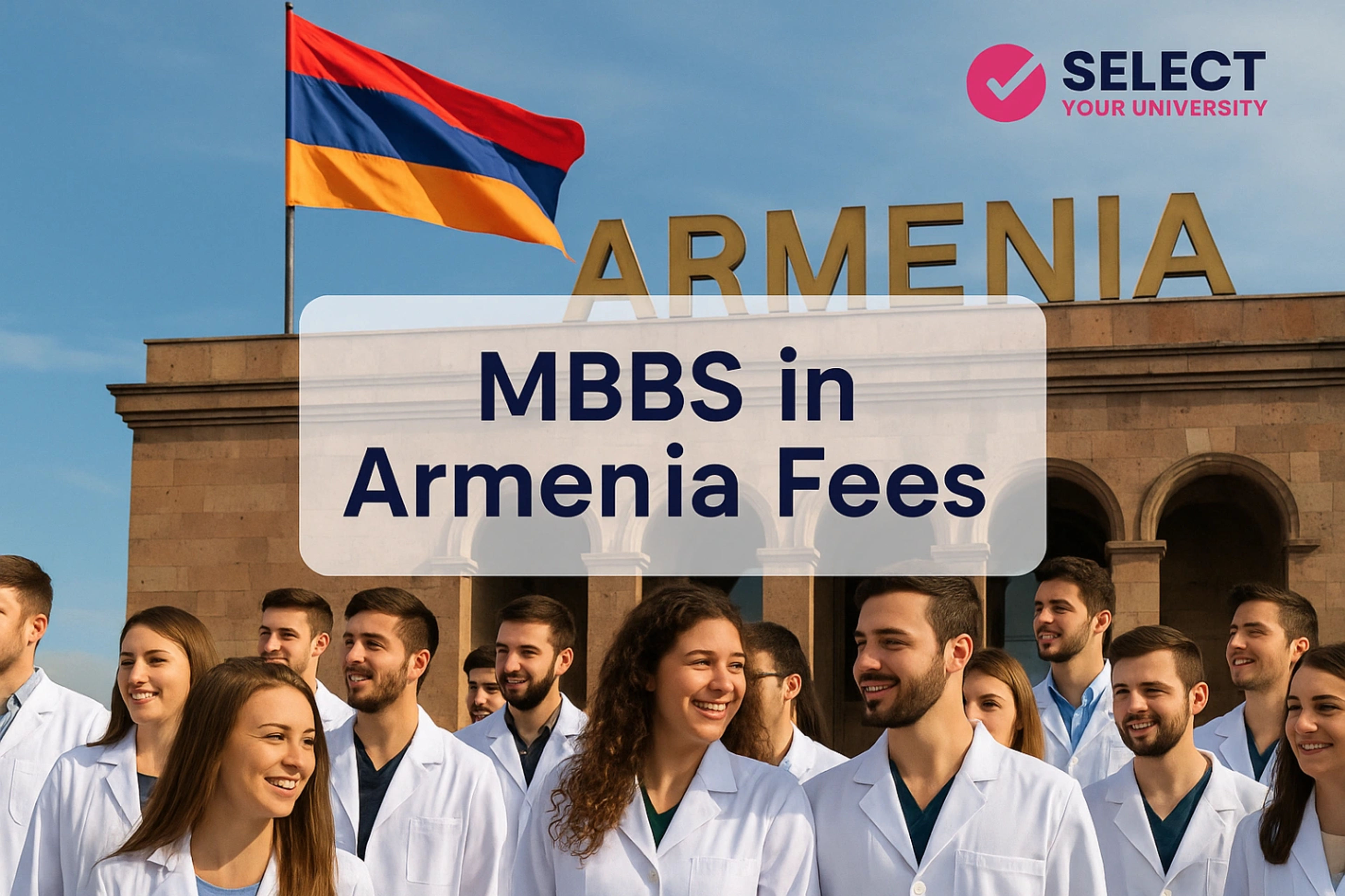Study
in India
One platform to apply to 10,000+ esteemed colleges/universities in India & Abroad.
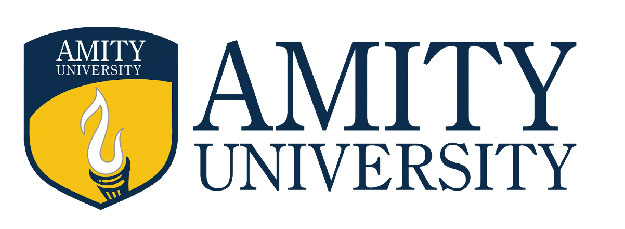


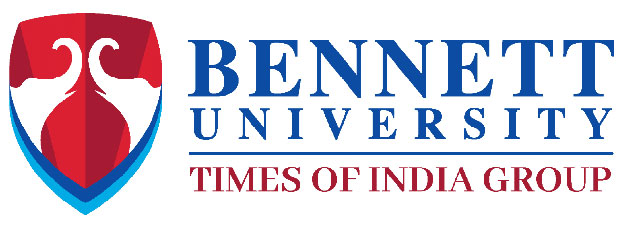
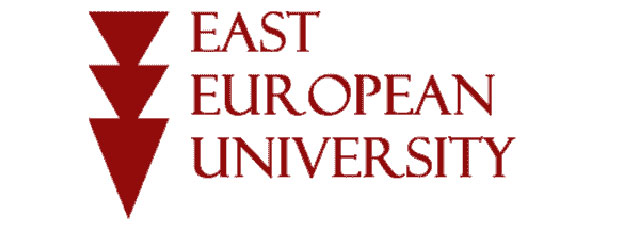
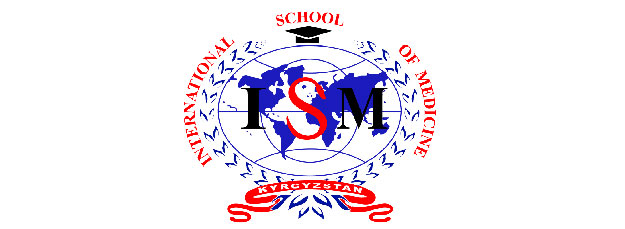
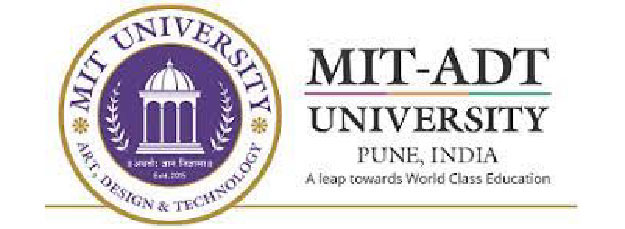
Career paths
Select your future goal.
Discover top Indian colleges based on your area of interest.
International Studies
Study Abroad from Top Destination
Discover everything you need to know about your dream study destination abroad!
Georgia
32 options available
Tajikistan
6 options available
Russia
59 options available
Uzbekistan
9 options available
Bulgaria
5 options available
Kazakhstan
15 options available
Top Exams
List of Popular Entrance Exams
Your one-stop guide to all the essential exams.
Why Choose us?
India’s top education portal with over a decade of expertise.
Take a look at some of our most coveted services below
Personalized University Matching
Find your perfect-fit university.Full Application Support
We handle your application processExclusive Scholarships
Access tailored funding opportunitiesExpert Visa Guidance
Maximize your visa approval chancesPre-Departure & Arrival Support
Prepare for your study abroad experienceAccommodation Assistance
Secure comfortable housing near campus.Everything you might need, we got it covered.
Explore 50,000+ expert articles and university profiles
Dive into a world of diverse destinations, prestigious universities, and exciting courses.
Find your Right-Fit Universities and Courses
Dive into a world of diverse destinations, prestigious universities, and exciting courses.
Get Expert Advice from our Counsellors
Take the pivotal first step and engage in a personalized conversation with our expert mentors
Ace IELTS, TOEFL and other standardized tests
Get comprehensive test preparation with live classes and free demos from our certified teachers at Leverage Live for IELTS, TOEFL, PTE, GMAT, GRE and SAT
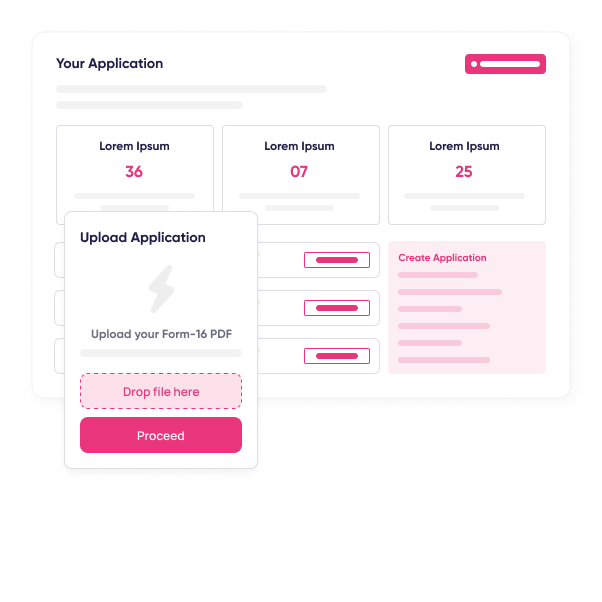
News and more
Curated reading.
Read our latest blogs related to courses, exams, colleges, & many more




